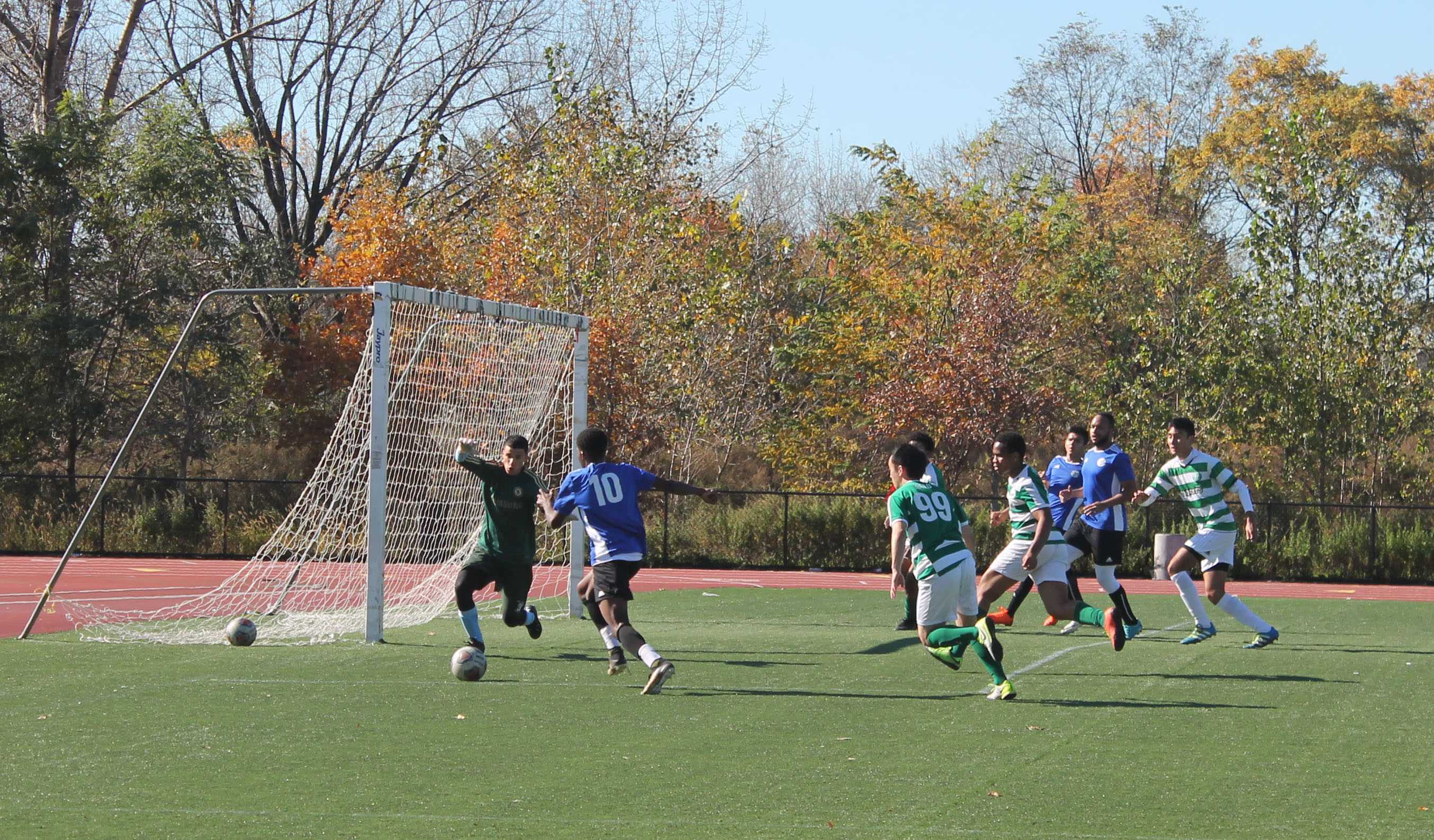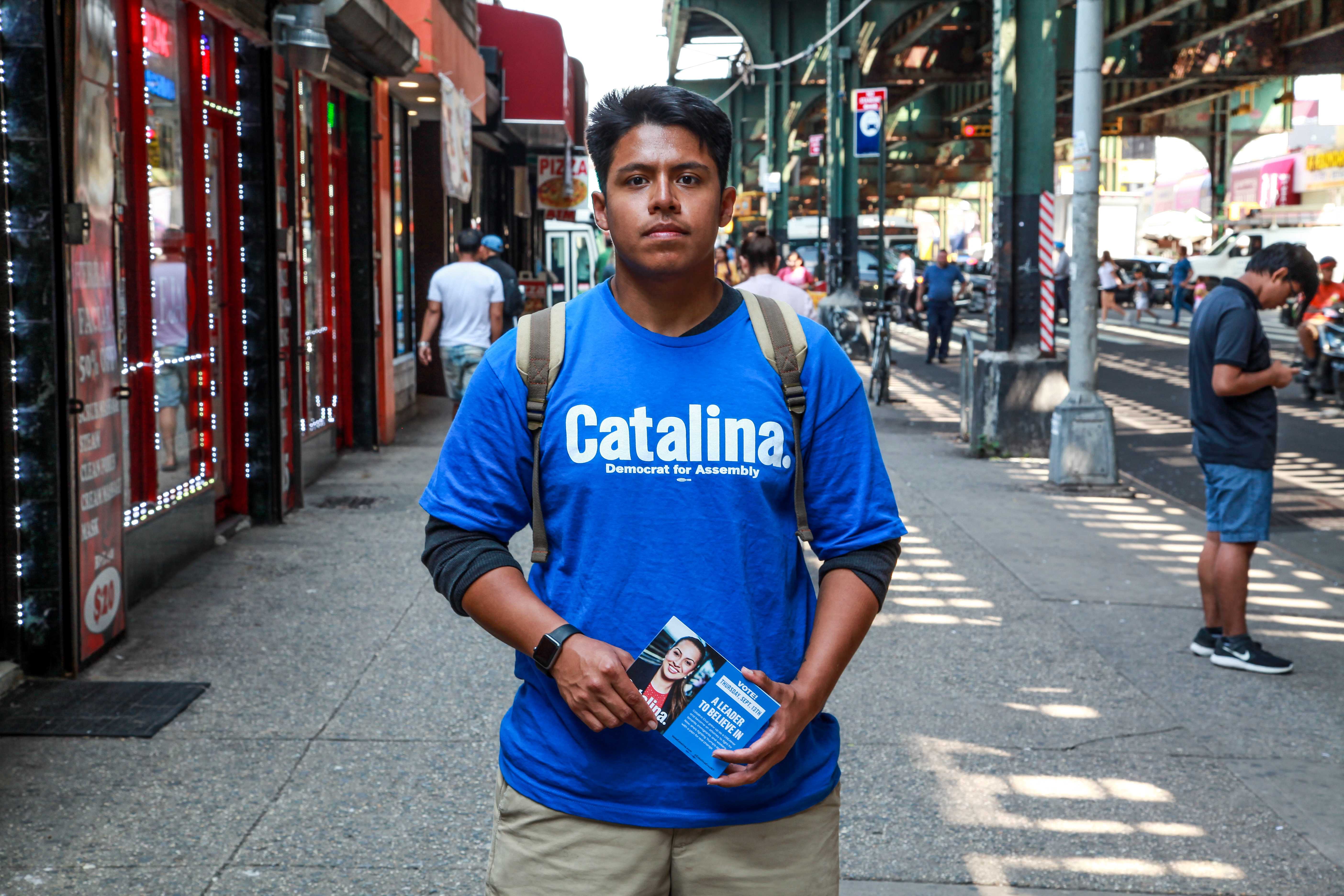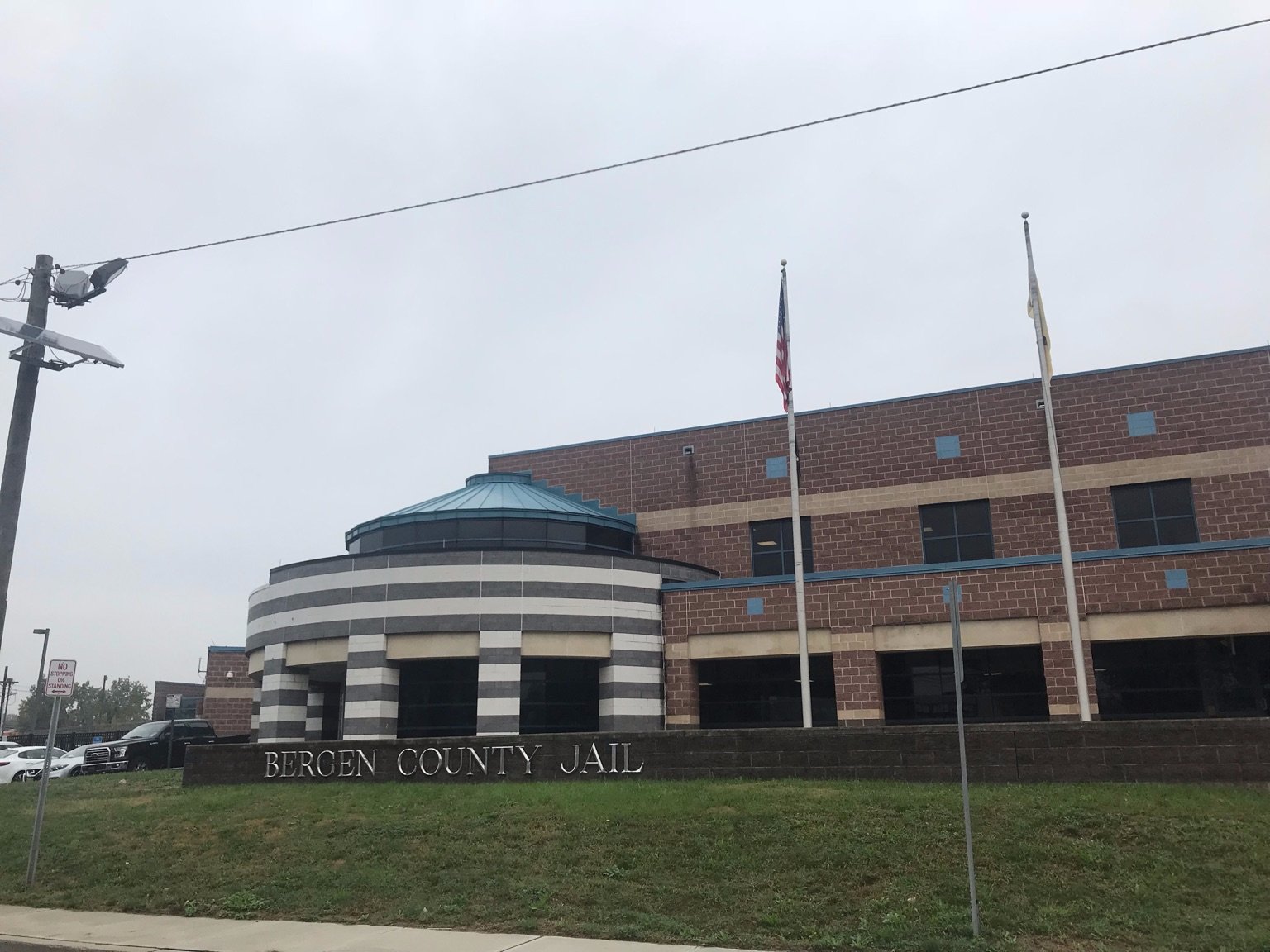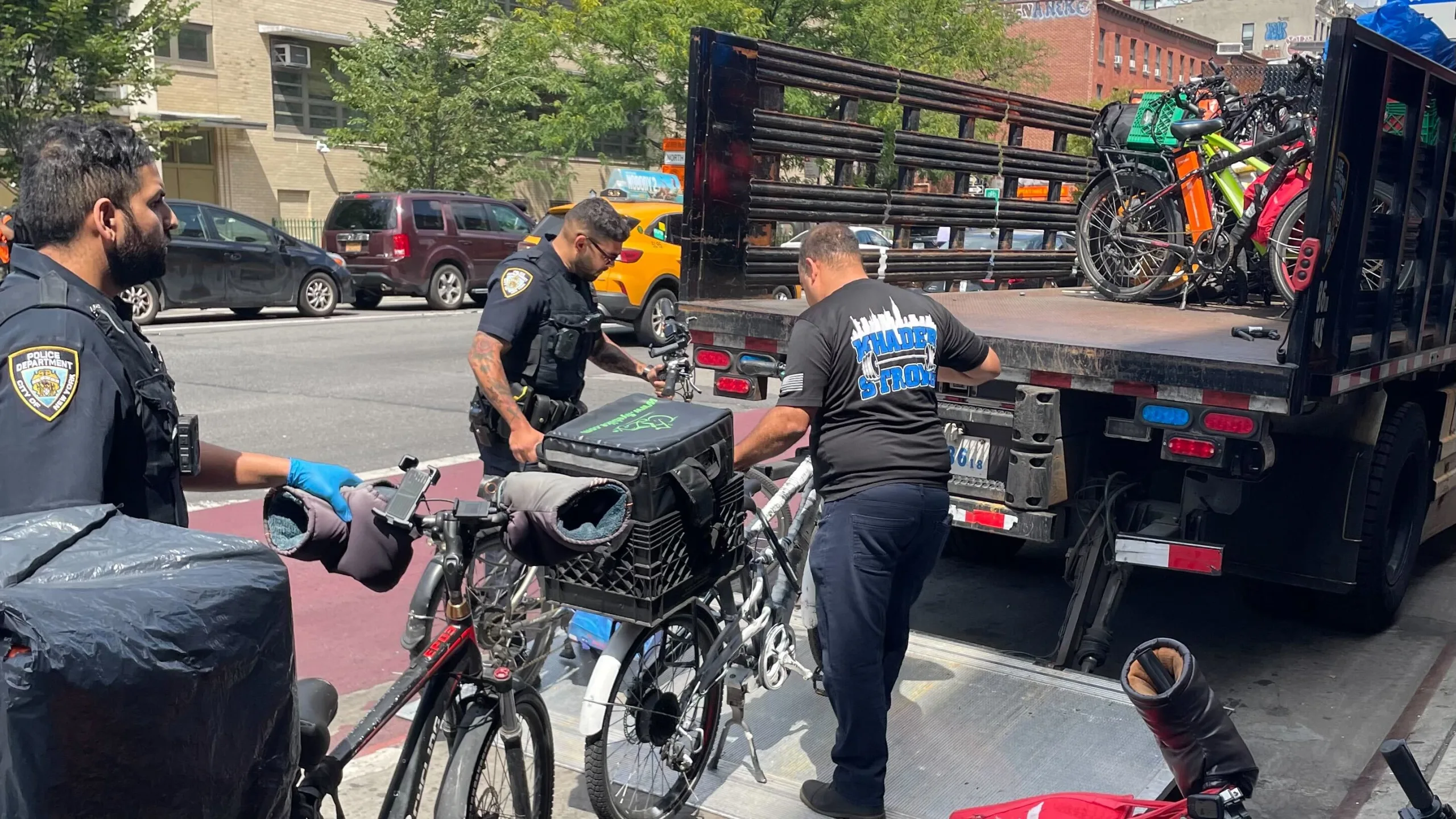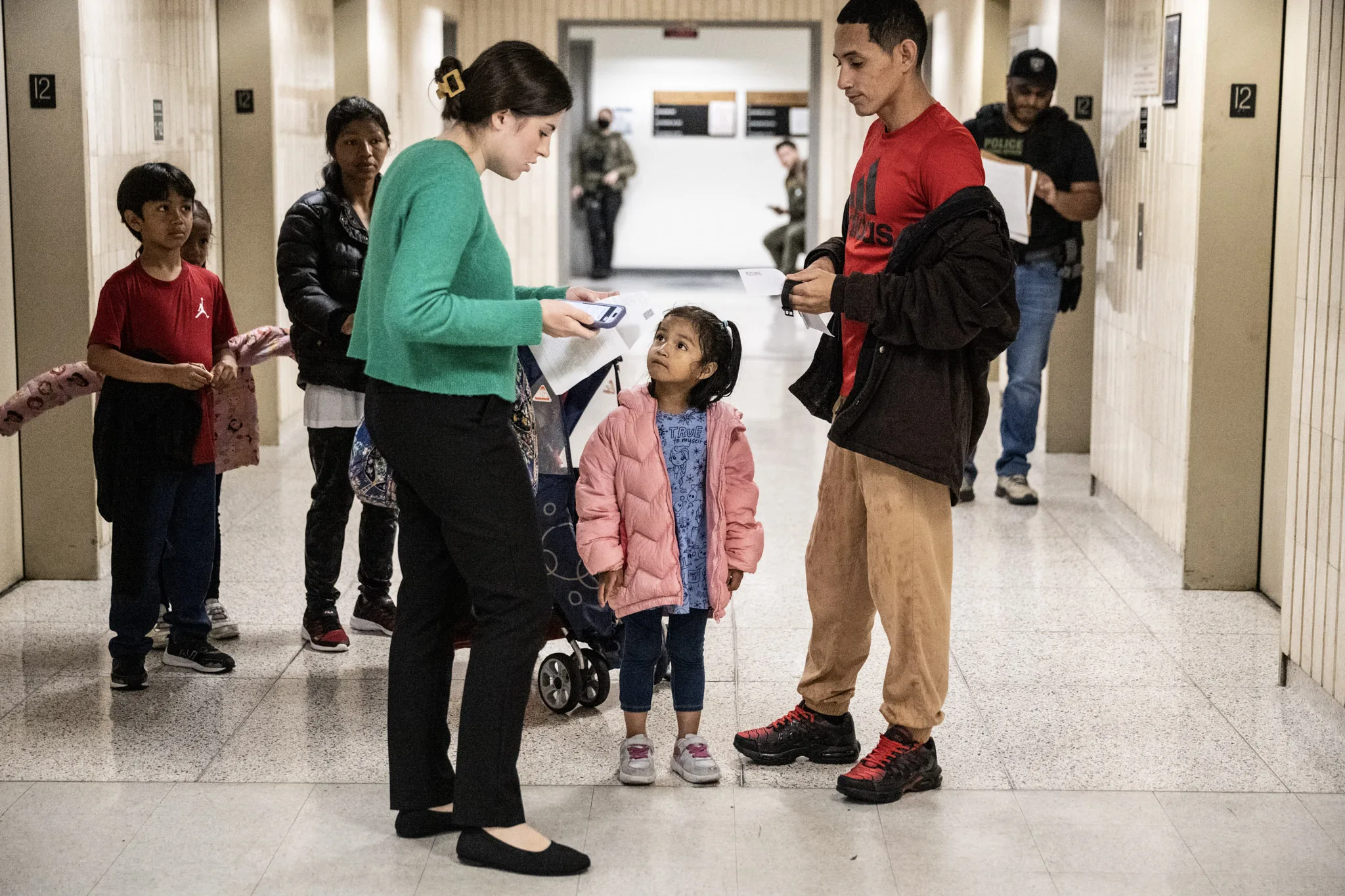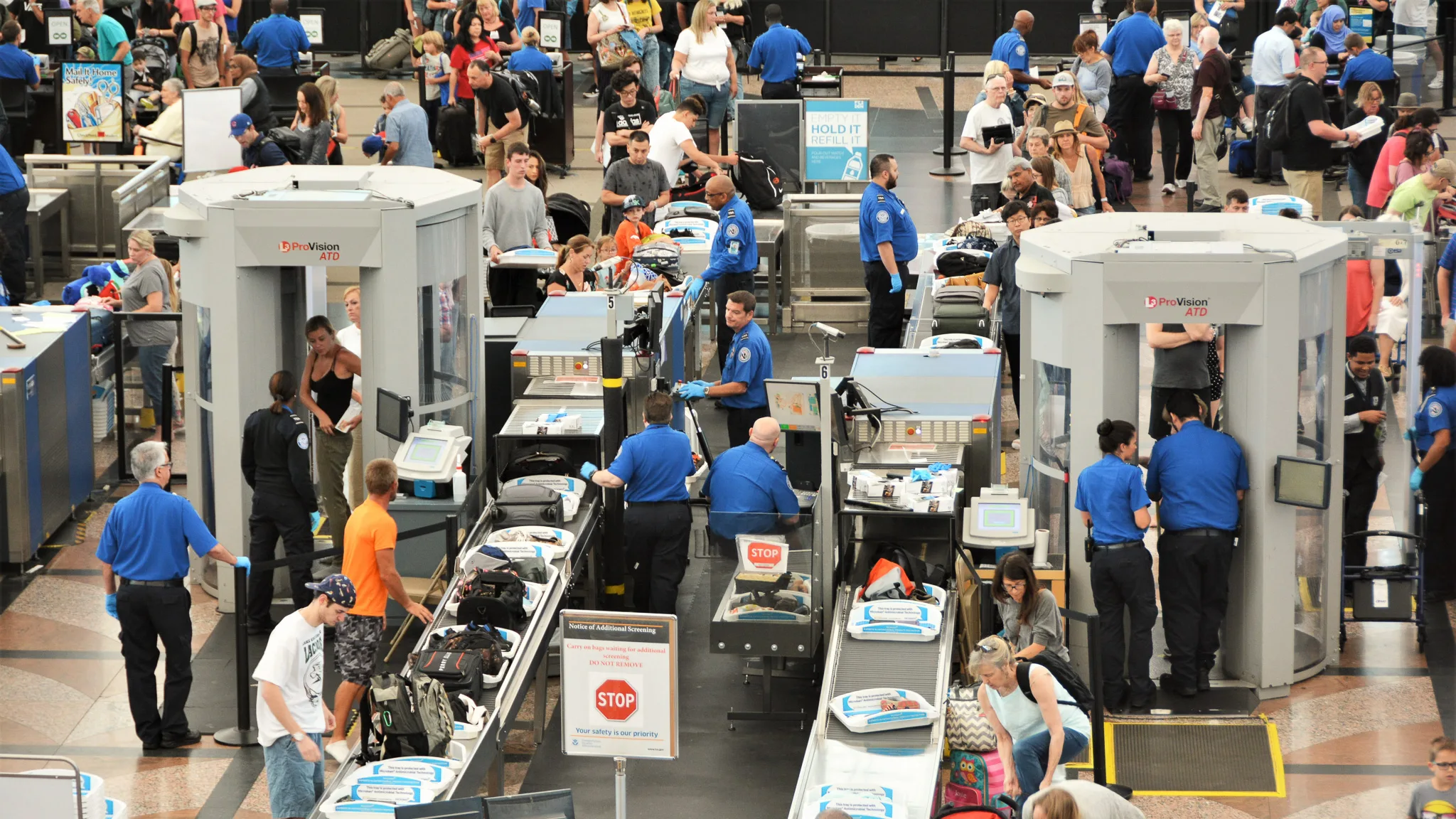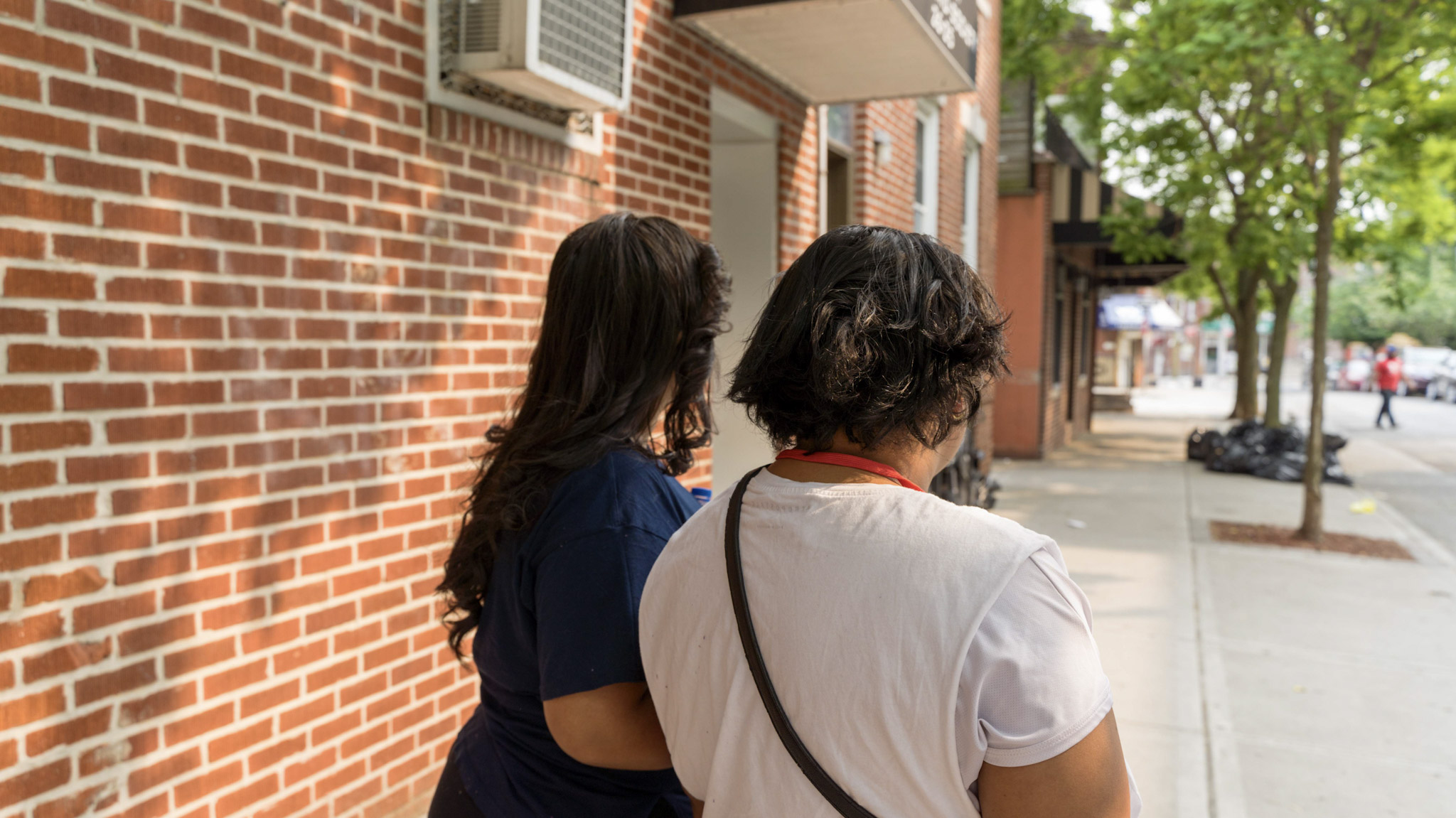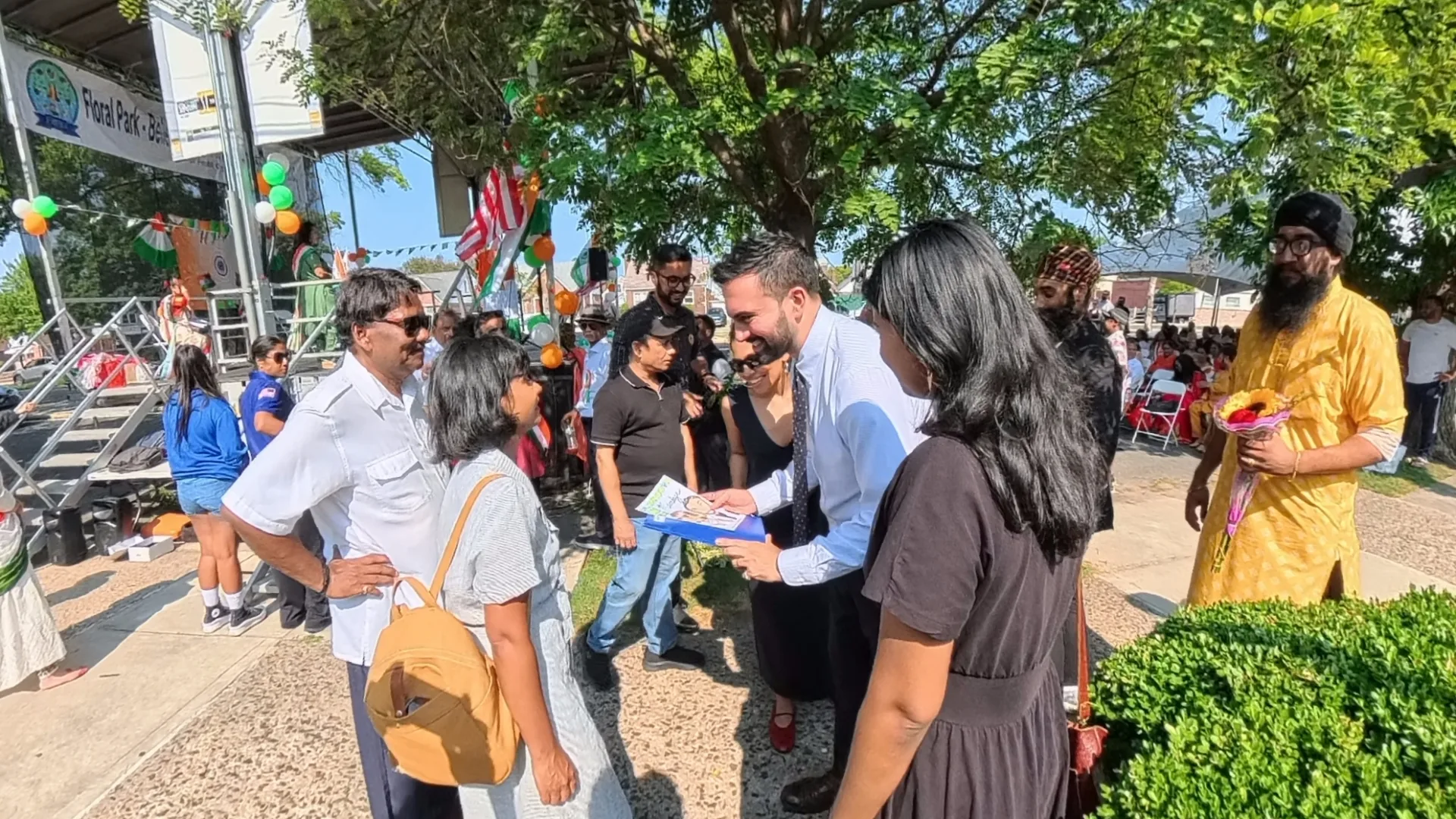Youth sports have long provided an avenue for kids frommodest beginnings to get ahead — to dream about playing in college, the attentionof scouts, even a shot at a professional career.
Jhonny Theze, an 18-year-old Haitian immigrant and talented soccer player in the Bronx, holds these same dreams, and a local sports program has bolstered his chance to attend college. It has also provided him with something more fundamental: the legal right to live permanently in the United States.
Theze plays with South Bronx United (SBU), a soccer-based youth development organization that, in addition to providing college prep and competitive soccer, helps undocumented students obtain legal status. Since it integrated legal services into its program, SBU has managed 178 immigration cases, helping 28 of its players, including Theze, obtain legal permanent residency. It also has applied for Deferred Action for Childhood Arrivals (DACA) status for players and provided representation in naturalization proceedings and asylum requests and renewals.
“We are not a traditional legal services organization, perhaps as untraditional as you can find,” said Andrew So, SBU’s executive director.
So founded SBU in 2009 after teaching public middle and high school in the Morrisania neighborhood. He gradually added immigrant services because so many students came from immigrant families and needed more support than sports and academics. While soccer is the entry point for most students, SBU’s main mission is to ensure student athletes get a sufficient education to enter college or the workplace.
A few years after starting SBU, So realized that SBU’s academic goals were impeded by the undocumented status of some players, who were prevented from applying for the financial aid they needed to cover college tuition. One of the volunteer coaches, Brendan Davis, was an immigration lawyer. He was brought on as a staff attorney to develop the organization’s legal services.
After beginning informal representation in 2012, South Bronx United formally added legal services in 2015 when it joined a Board of Immigration Appeals program that allows organizations to designate non-attorney employees to receive training, giving them the ability to represent non-citizens in immigration proceedings.
With an operating budget of $1.1 million, SBU now employs 14 full-time and 13 part-time employees and has about 250 volunteer coaches and tutors. Funding comes from foundations, corporations, individual donations and money raised at fundraising events, So said. For the past six years, 94 percent of seniors who attended SBU Academy, the organization’s college prep program, have enrolled in college, he said.
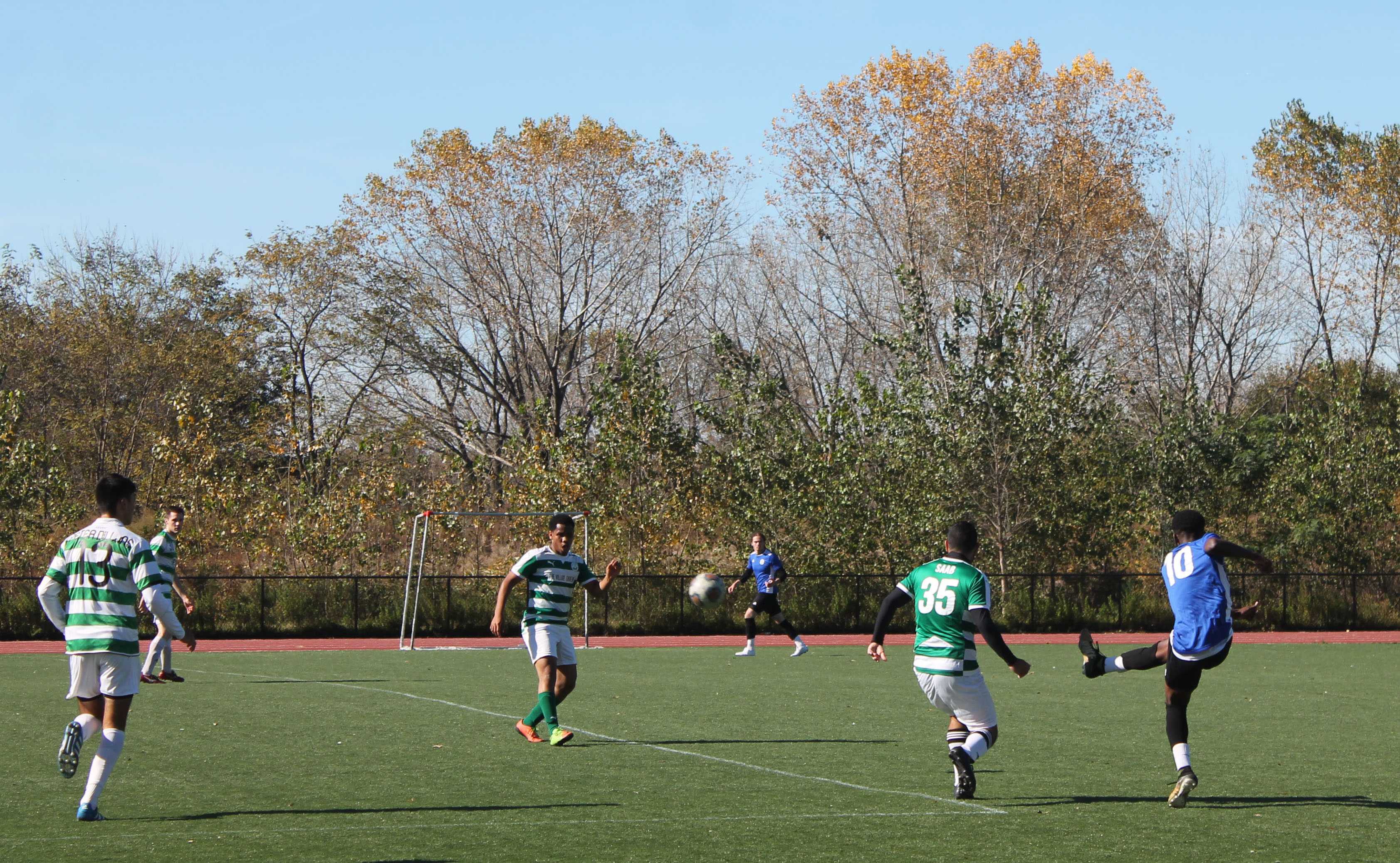
Surviving the Haitian earthquake in 2010
Theze came to SBU after surviving the Jan. 12, 2010 earthquake in Port-au-Prince that killed his grandmother, his main caretaker, and left him homeless. For several years after the death of his grandmother, he shuttled between other relatives’ homes while attending school and honing his soccer skills on the streets. Even though scouts from Haiti’s national team showed interest in him, he said he decided he would have a better life in the U.S.
“In Haiti, if your family doesn’t have money, you can’t get opportunities,” he said. “If I had stayed in Haiti, I might have ended up on the streets.”
In 2015, at age 15, Theze came on his own to New York, where a family friend in the Bronx agreed to become his official guardian, allowing him to apply for a green card. Soon after, an SBU coach saw him in a pick-up game in Macombs Dam Park, next to Yankee Stadium, and recruited him to the program, Theze said.
Davis, the SBU coach and immigration lawyer, handled the teen’s application for a green card through Special Immigrant Juvenile Status, which gives an avenue to citizenship to immigrant children who cannot be reunited with one or both parents because of abuse, neglect, abandonment or similar reasons.
Upon meeting Theze for the first time, Davis was struck by the difficulty of his situation. “I somehow got asked to take Jhonny and his guardian to enroll him in school,” he said. “All the kids there were Dominican and he spoke no English.”
Beyond providing academic support, soccer training and legal representation, SBU staff are guiding players through the fallout of President Donald Trump’s divisive immigration policies.
George Nantwi, the SBU travel soccer coordinator and a coach, said following Trump’s election, he was consumed with worries that his players would be scared of the consequences. “That night at practice, I had them huddle around and I told them that in the United States we have laws that protect us no matter who we are,” said Nantwi, himself an immigrant from Ghana. “I had to reassure them that as gloomy as it seemed, it was going to be all right.”
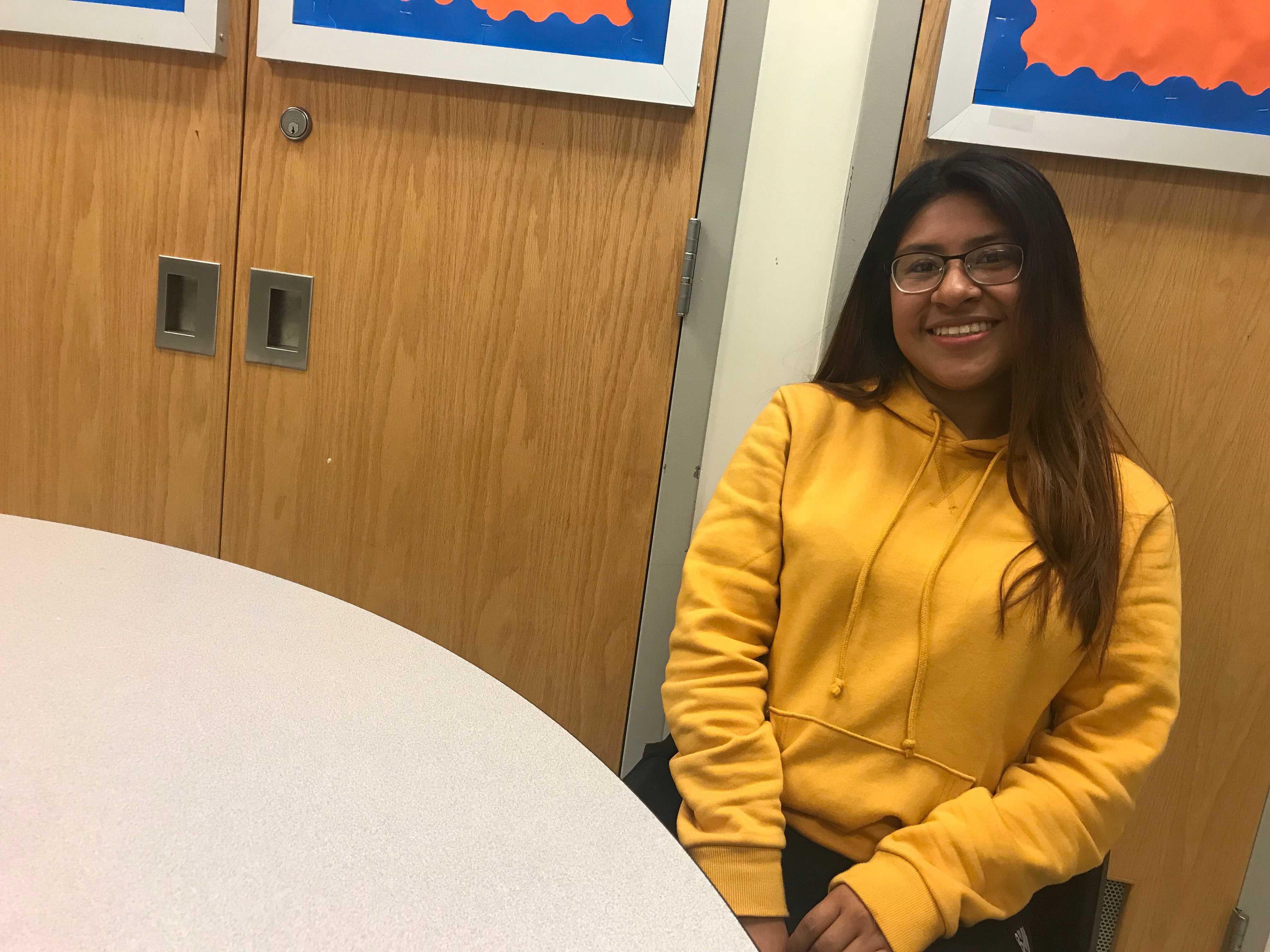
Too scared to go to school
But staff said that fear spread through the community in 2017 when the Trump administration imposed a travel ban on citizens from certain countries and took steps to undo the DACA program, which protects young undocumented children who came to the U.S. as children from being deported.
“DACA recipients weren’t going to school. Parents were taking them out of after-school programs because they were concerned at that point with the rhetoric focusing on DACA,” said Davis, who in September took a job with the New York Legal Assistance Group but still consults on SBU immigration cases.
More recently, detentions by agents of U.S. Immigration and Customs Enforcement have sent chills through the community.
Giselle Flores, a senior at the Urban Assembly School for Careers in Sports and player on the U-19 girls’ travel team, said she was born in the U.S. to Mexican parents, who two years ago became naturalized U.S. citizens.
While her immigration status is secure, she is friends with a teammate whose father was recently detained by ICE and is being deported to Mexico. “It’s hard now for immigrants,” she said. “They have to leave their own families. They just want to work and they’re taking that away from us.”
With all the distractions of politics and personal challenges, SBU Academy staff keep students focused on their academics.
“All of them want to play at a pro level but the reality is that to turn pro in the United States, you have to go to college,” said Jessica Marroquin, South Bronx United’s director of college guidance. “That is not the case in other countries where they’re from.”
Theze, who is considered to be one of SBU’s most talented players, seems likely to be recruited to play soccer in college. At a showcase arranged by SBU last spring, several coaches expressed interest in him, Marroquin said. “Everyone who sees him play, knows he’s gifted.”
Academics have been challenging for Theze and Marroquin said she was closely monitoring his schoolwork and overseeing tutoring to ensure he graduates high school. Theze is still working on his applications, but his college list includes Monroe College in the Bronx and a number of colleges in the State University of New York system.
But soccer is never far from Theze’s thoughts. On a late October evening when he reviewed his college essay during one of the Academy’s after-school sessions, Theze said that before going home, he would stop for another pick-up game at Macombs Dam Park, where he keeps his pro dreams alive.
